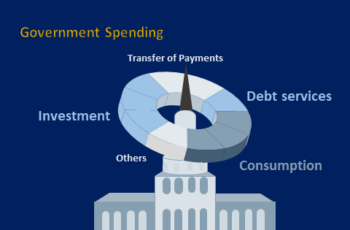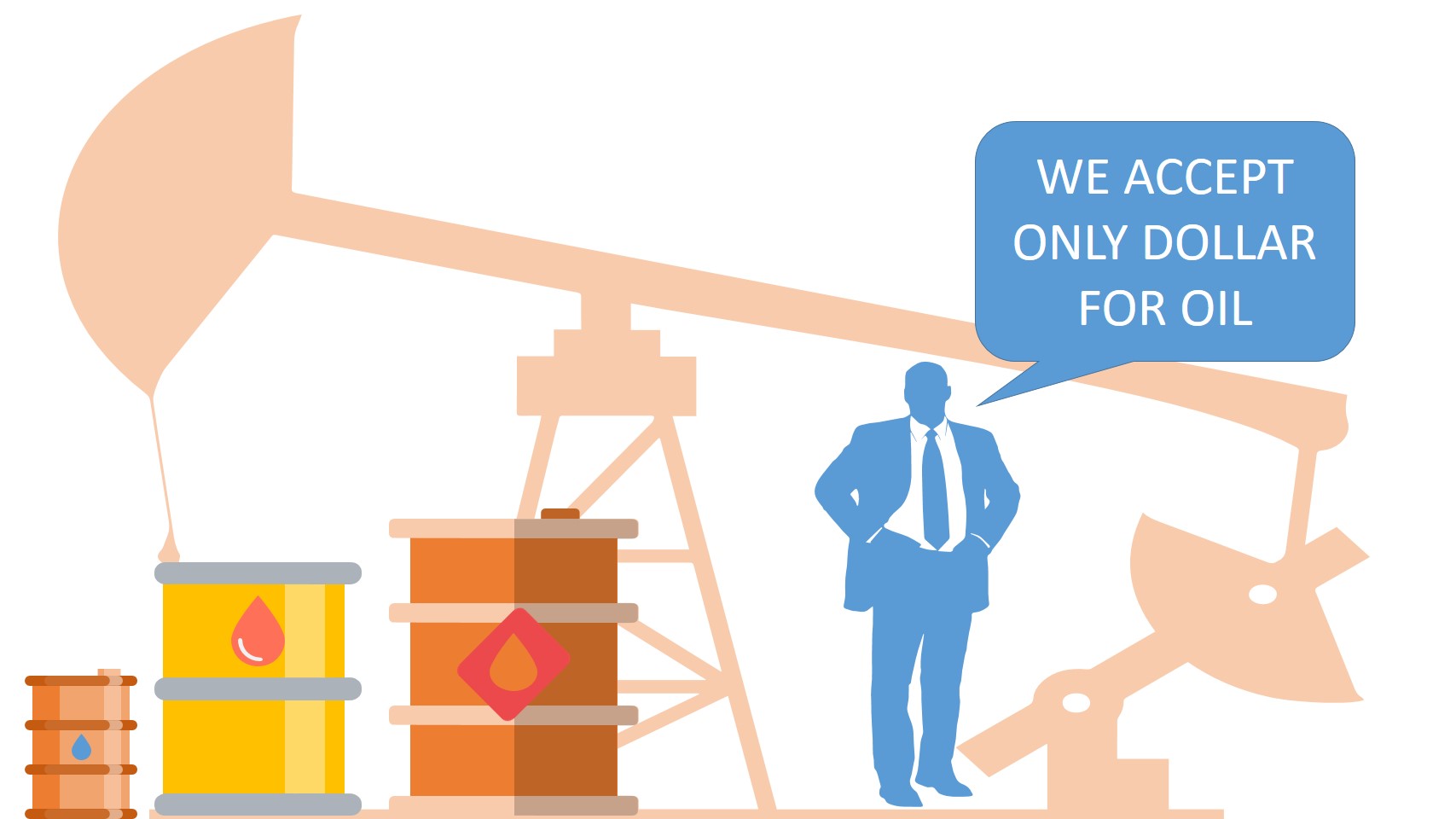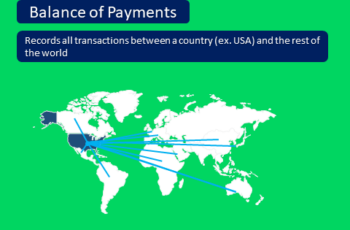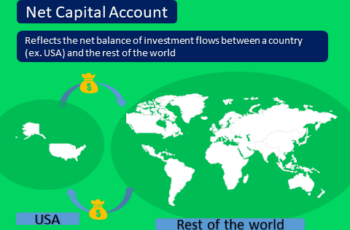Bartering is trading goods and services without using money as a medium of exchange.
In other words, bartering is a cashless trading system in which, instead of money traders exchange goods and services. In other words, there were no money supply and money demand.
At the beginning of civilization, money didn’t exist, and people were bartering. An example of bartering is the exchange of one sheep for multiple chickens.
Early in history, people lived in small communities. They had land to grow food and animals to consume milk and meat. And, they did not have a forex or stock market.
If individuals lived in one community, bartering was not challenging. However, there were goods that people needed, and they did not have them. For example, every community did not have salt. So, they needed to trade with other communities.
Trading was difficult. Traders needed to transport one commodity from one region to another to exchange for other goods.
This article explains those difficulties.
Four Disadvantages of Bartering
1. Multiple Prices of Goods and Services
Everything’s worth is different and has different prices. For instance, a sheep is worth more than a chicken. Even one sheep can be worth more than another sheep.
If there was a small number of goods and services, it was easier, but when the number increases so do the problems of exchange or bartering.
2. Double Coincidence of Wants
It is hard to find someone who needs our product, and we need his product. For example, if we have a horse and need chickens, it is difficult to find someone who has enough chickens and simultaneously demands a horse. Even if we find a chicken owner, negotiation is not easy.
3. Divisibility
Divisibility means dividing into parts. It was a problem. For example, someone may need meat but not a whole camel. No one will be ready to exchange half of his camel for something else because he may not be able to sell the rest to another one who needs half a camel.
Due to the above issues, there was a need for a medium of exchange. It was important for marketing because not everyone could exchange his commodity for another.
4. Transportation
The difficulty of transportation is also one of the disadvantages of bartering. Shipping is costly, risky, and time-consuming.
Support that the USA and China are bartering. The cost, risk, and time required to trade will double immediately.
Transportation also carries the risk of theft, especially with high-net-worth goods. Thefts love these types of goods because they can sell or consume them immediately.
Gold Solved Bartering Problems
Due to multiple bartering challenges, a medium of exchange (money) was necessary.
Initially, many things played the role of money. For example, cattle, potatoes, and salt were money for some time. However, they did not live long due to problems associated with them.
For example, rice was used as money in Japan. It had the following problems:
- Rice is difficult to store
- Its transportation is not easy
- Its quality is shrinking over time
- Rice is not homogeneous. The rice from one land differs in quality from another
The challenges of various types of money forced people to look for alternatives. These alternatives are precious metals such as gold and silver.
For example, gold has qualities that can play the role of money for various reasons. And some of them are the followings:
- Gold is homogeneous
- Gold is divisible
- Gold transportation is easier than other commodities such as cow and potatoes
- Gold is durable and last for thousands of years
- Gold is limited






